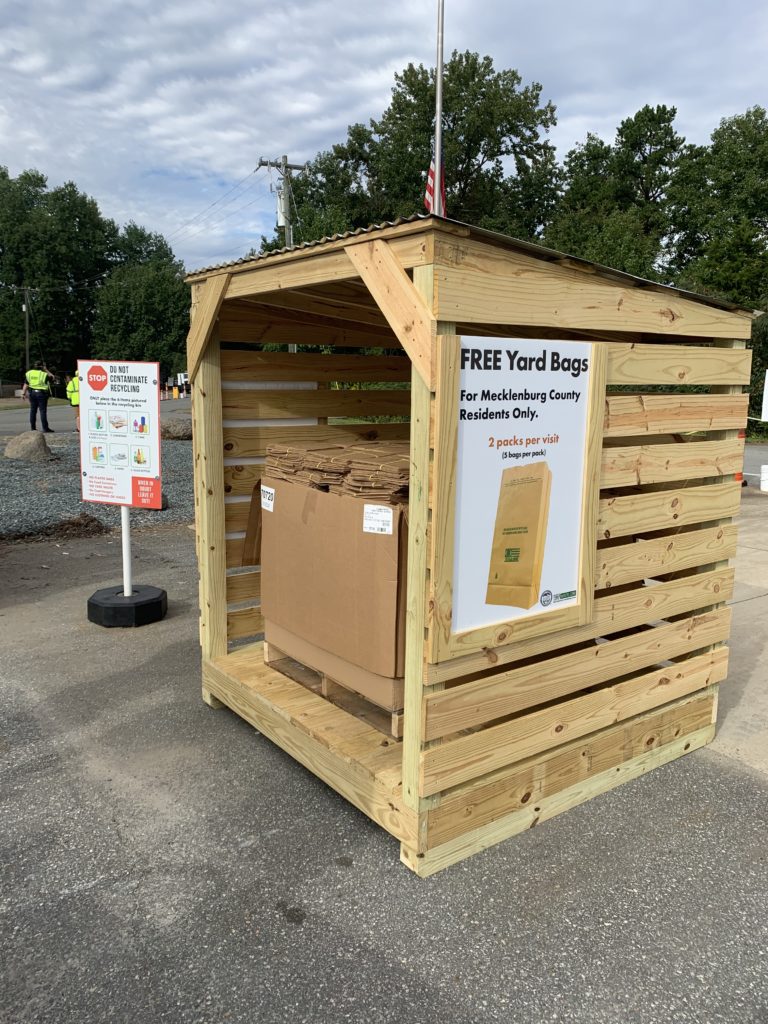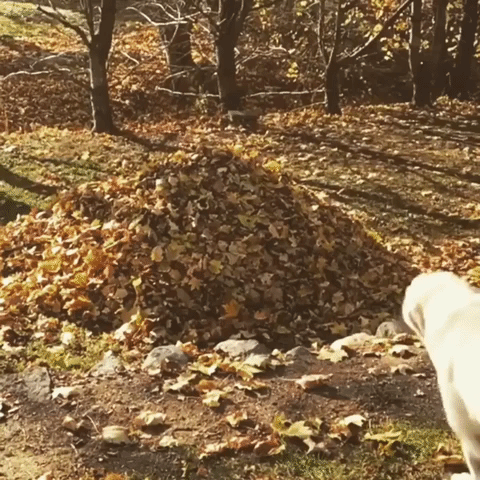If you live in a neighborhood like mine, with lots of large, old trees (and therefore, lots of leaves), you know there are a couple different approaches to fall clean-up. Which neighbor are you?
Do you diligently rake your yard each weekend? Do you leave a small, neat row of yard debris and leaf bags (the neatest little row in the neighborhood, in fact) lining the street for pick-up? Or do you wait until the very last leaf has fallen off the tree and spend one epic Saturday raking them all into a giant leaf pile (the biggest, best leaf pile in the neighborhood)? And then one back-breaking Sunday bagging it all up?
Both approaches work, but the devil is in the detail. Let’s talk about the right way to do it so you can have the undeniable edge over all your neighbors this year.
Paper or Plastic?
When it comes to a container for yard waste, the answer is always “paper.” That’s because the yard waste you leave out for collection eventually gets a second life as mulch and compost. You know what’s NOT a great ingredient for mulch and compost? Plastic! That’s why our composting facility won’t take yard waste in plastic bags — it compromises the quality of the product.

You may not know this if you aren’t home during collection, but when you leave yard waste in plastic bags, curbside collection workers have to take the time to debag it. Sometimes they do this curbside, and sometimes they do it at the compost center. Either way it’s a dirty extra step for these workers that can slow their collection times and cause delays for you and your neighbors! That’s one of the (many) reasons why the City of Charlotte Solid Waste Services is no longer collecting yard waste in plastic bags. Paper bags are compostable, which makes them a great alternative. Workers can just throw the whole darn bag in the truck!
Need help making the transition from plastic to paper? You can pick up FREE paper yard bags at many retail hardware locations. Reusable bags are also an option.
If you’re wondering: yard waste cannot go in your trash or recycling bin.
Use Bags, Not Drains
It may seem like a novel solution at first, but raking your yard debris into storm drains can cause a much bigger headache later on. Storm drains are designed to carry away stormwater, and anything else can cause blockages that lead to flooding. It may not seem like a few bags worth of leaves could do much harm, but let’s do some math.

There are more than 100,000 storm drains throughout the county and over 400,000 households. On average, Charlotte residents set out 19 gallons of yard waste per week. If just 1% of households shoved their leaves into the drain throughout the six weeks of fall, you’re looking at 456,000 gallons of yard waste in our storm drains.
Now, I’m not a storm drain expert (or good at math, to be honest), but that sounds like enough yard waste to cause some serious problems. Even if your neighbors do a great job bagging, the leaves can have a mind of their own (anthropomorphically speaking, of course.) All it takes is a few handfuls draped over the grate to keep a drain from doing its job.
So, while you’re bagging up your leaves this year, check out your street’s storm drains. See if they need a little fall clean-up. It only takes a couple minutes and it can make a big impact the next time a storm hits your neighborhood.
Besides, you’re gonna need a few more leaves if you’re gonna beat my pile this year.
